We’re recapping another eventful week in the world of wearables. Tech giants such as Google and Apple were big players in wearable technology news the past few days, which can only mean that big things are going to continue to come.
Google takes medical wearables to the next level
Google has briefly forayed into the wearables industry with Google Glass and smart contact lenses, but their new concept is big. The tech giant recently filed a patent for a blood-sampling mechanism designed to accompany devices such as smartwatches. The kicker? It’s needle-free. This is promising news for patients with diabetes and many other conditions that require regular blood tests. (Source: Tech Radar)
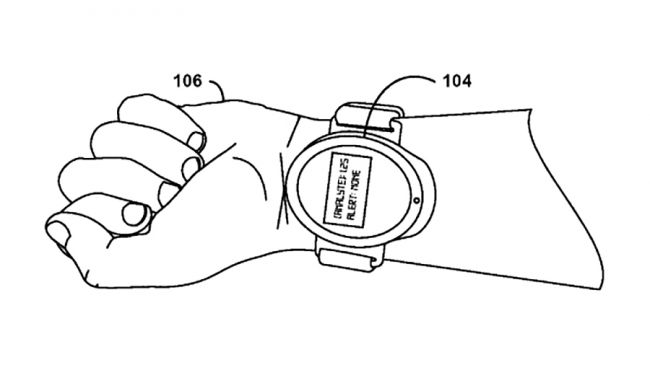
Photo source: Tech Radar
Apple releases latest update for Apple Watch
The watchOS 2.1 update went live this week, and it included a lot of nifty upgrades. Some of the notable features include support for a variety of languages such as Arabic, Hebrew and Vietnamese, as well as support for Siri in new languages. Most notable is that Apple’s Remote app now works with the Apple Watch, allowing wearers to control their Apple TV with their wrist. The future is here, y’all. (Source: Forbes)
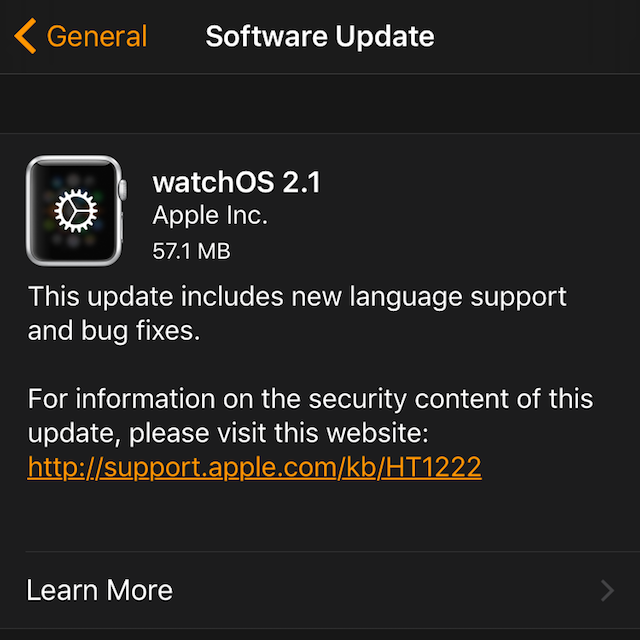
Photo source: Forbes
MIT designs an innovative Band-Aid
Regular Band-Aids are so 2015 – at least according to researchers at MIT. The team of engineers have designed a stretchy hydrogel that can be embedded with a variety of electronics, some of which would allow for monitoring skin temperature and delivering drugs. In the near future, this could be used as treatment for burns or other skin conditions, but is envisioned as eventually becoming a “biocompatible vehicle for delivering electronics inside the body”. (Source: MIT News)

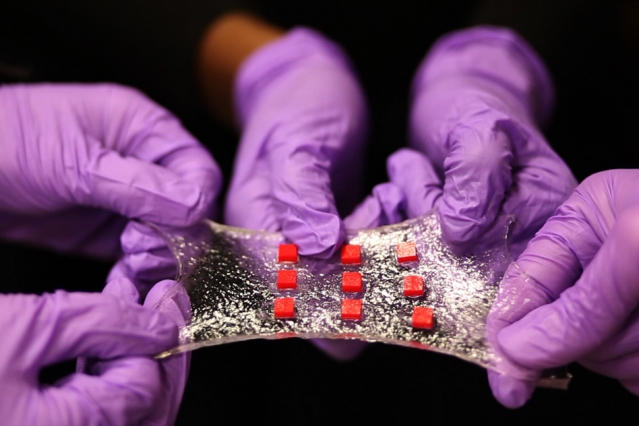
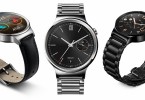


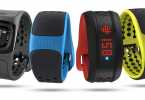
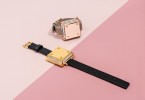

These bionic bandaids have to be the coolest thing I’ve seen in awhile. Soon there will be simple injection-based versions of these things that can monitor your vitals wirelessly. It’ll be a revolution for healthcare. And emergency services.